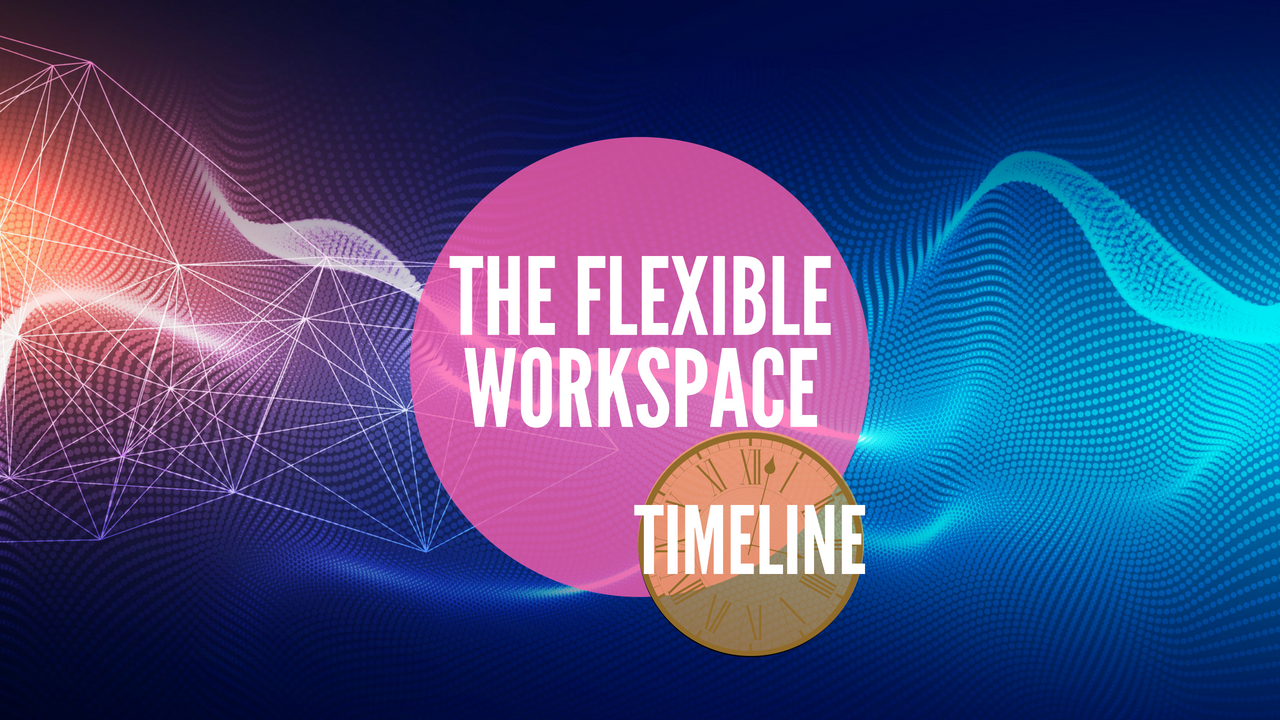The flexible workspace industry has been decades in the making and today, there are tens of thousands of flexible workspace centers all over the world. The industry is home to a spectacular array of flexible workspace options providing everything from serviced and managed office space to coworking, hot desks, virtual office services, meeting room rental, and business lounges.
Around Allwork.Space, we’ve always heard that Fegen’s Law Suites were THE pioneers in our industry and the first to establish flexible office space in 1966. In the diligence of learning more of the history, we’ve found that OmniOffices Group, Inc. was founded 4 years before, although details are scarce.
We’d like to know more. So if you have more information about the early pioneers of our industry, or any other noteworthy company or milestone that you’d like to see included, please drop us a line.
Read text only version here.
[cool-timeline]

 Dr. Gleb Tsipursky – The Office Whisperer
Dr. Gleb Tsipursky – The Office Whisperer Cat Johnson – Coworking Marketing Maven
Cat Johnson – Coworking Marketing Maven Angela Howard – Culture Expert
Angela Howard – Culture Expert Drew Jones – Design & Innovation
Drew Jones – Design & Innovation Andrea Pirrotti-Dranchak – Competitive Advantage
Andrea Pirrotti-Dranchak – Competitive Advantage Jonathan Price – CRE & Flex Expert
Jonathan Price – CRE & Flex Expert Jeremy Fennema – Tech Innovation Alchemist
Jeremy Fennema – Tech Innovation Alchemist







